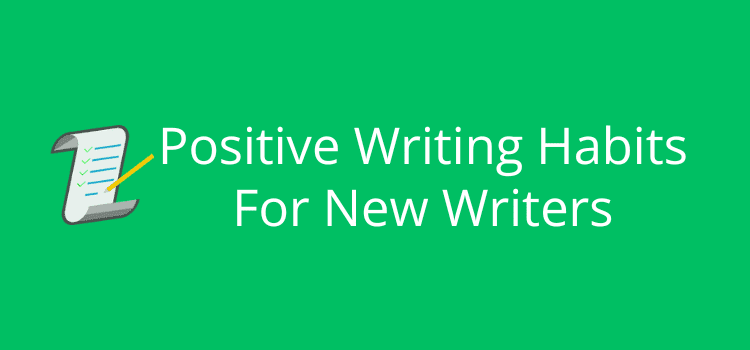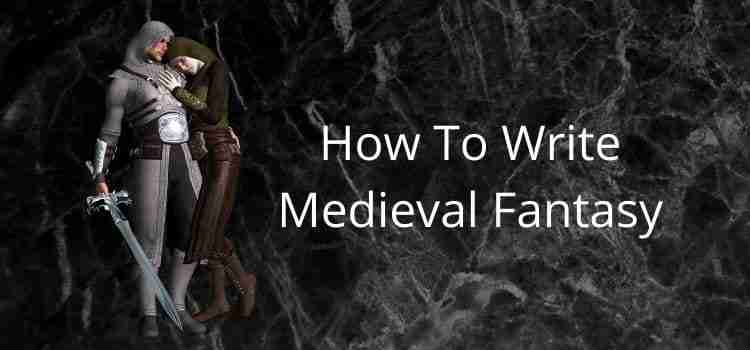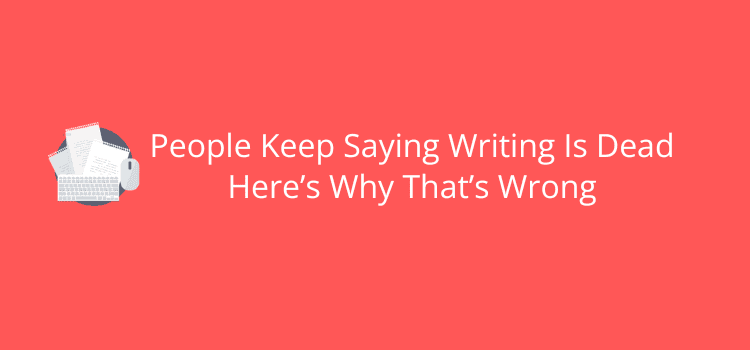
Almost every day, I read articles warning that writing is dead. Everywhere I look, such as blogs, books, news articles, and even obvious AI-generated content, writers are saying that human writing is disappearing. But none say that reading, speaking, and communicating are dead.
The current writing panic isn’t really that new. Almost every generation has feared that new technology would kill writing. From the printing press to newspapers, typewriters, and computers, each innovation was seen as a danger to the art of writing.
Today, AI is the latest culprit, but it hasn’t replaced human writing. But yes, it’s copying, reformatting, and amplifying it in ways that we see as a danger to society.
Another concern is that short-form communication, like texts, tweets, and meme captions, combined with AI, is the end of meaningful expression. Yet, these same formats are proof that writing isn’t disappearing. It’s simply evolving and adapting to the ways we live, work, relax, and communicate.
Why do people keep saying writing is dead?
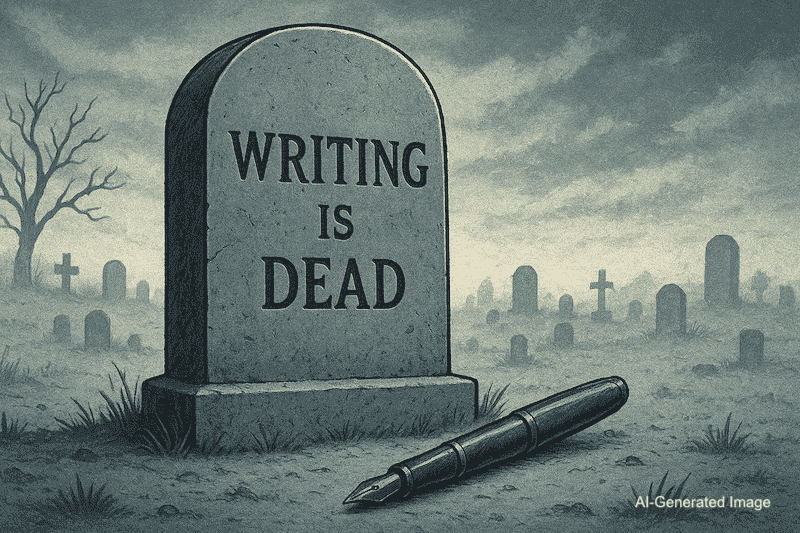
If you are reading this, it’s proof enough for me that writing is alive and well. I wrote; you read it. Well, at least this far, anyway.
Perhaps it is because writing looks different today. Emails, blogs, social posts, and text messages now dominate our daily lives.
They are not classic literature, academic essays, or literary fiction. But honestly, who reads only that kind of writing anymore?
However, when you add AI to the mix, panic seems to spread much faster. All of a sudden, machines can generate words; therefore, humans are not needed anymore. Oh, bah humbug!
I agree that AI language models do a great job of copying words, then mixing them up into logical output. But they can’t and don’t think, feel, observe, value, imagine, or reflect as human writers do.
Of course, the Internet amplifies all the fear-mongering. It’s all because of short attention spans, instant content, and endless scrolling that reading and writing are disappearing skills.
But every emoji, every tweet, and every viral thread on social media is writing. It’s just writing dressed up in new clothes.
While the cries that writing is dying are nothing new, it’s ironic that people probably read more today than ever before, simply because of the hours they spend staring at screens.
They might not be reading a novel by Hemingway, but they are consuming as many, if not more, words each day than past generations ever did.
The dying writing panic is mostly an Internet thing
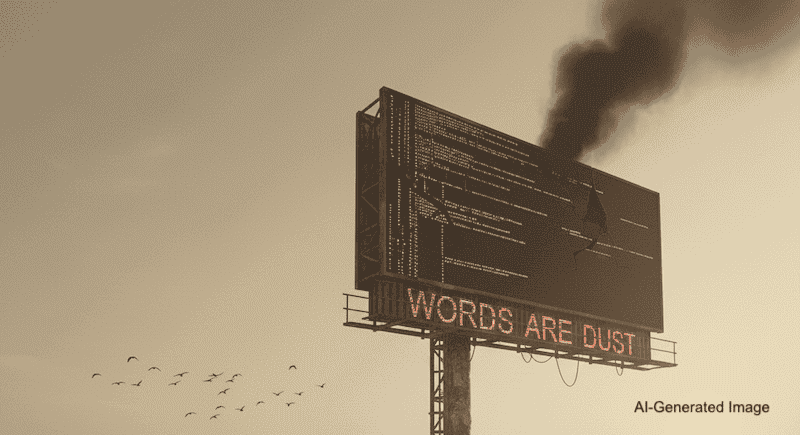
When you read people complaining that writing is dying, they are usually referencing what we see online.
The Internet makes the panic louder, faster, and more dramatic than in the past.
Can you imagine the difference now from when I was young?
All I had to catch up on news and current events was one newspaper, two television channels, and a few radio stations. If I was lucky, maybe I could afford a magazine.
Fast-forward to today, and I’m bombarded with headlines about shrinking attention spans and the death of books and newspapers.
If I scroll a little further, I’ll find worries about texting ruining grammar or emojis replacing words.
The truth is that the Internet has always relied on writing. Without words, it would just be an online photo album.
Every email, search query, blog post, article, and social media share involves someone typing words.
Even images and memes, which are primarily visual, often depend on captions or short texts to carry the gag. AI-generated images also give writers a new way of conveying their thoughts more vividly in images.
So when you read people saying writing is finished online, they are missing one obvious point. The Internet is still built on writing.
Sure, the style has changed because online writing is faster, shorter, and typically far less formal. But change does not equal death.
And yes, it’s sometimes copied material or AI-generated writing. But people were copying and pasting, pirating, and selling my writing as their own, long before AI.
So what’s so new in the zoo? Writing today is an adaptation to the way we use technology.
The Internet hasn’t destroyed writing. It just copied it, multiplied it, and spread it across online platforms we use every day of our lives.
Writing today is wearing new shoes

In my younger days, I was printing and hand-binding my books of average poetry. I was also writing song lyrics and recording my music and trying to sell my cassettes.
If I was lucky, maybe two or three people were reading or listening to my words each month.
Today, however, it’s a poor month for me if fewer than 20,000 people read or at least view my articles on my site.
On top of that, people read my books or listen to my audiobooks. Not many, but I’d guess that it’s many more than those who read my poetry or listened to my music all those years ago.
Of course, many things have changed, especially with the sudden rise of AI tools in 2022.
Yes, it has been game-changing, but it can also be a nuisance.
Around 10,000 AI crawler bots hit my site every day, looking for new content to steal, copy, and reformat. However, most are for AI search, such as Google, Bing, ChatGPT, Claude, and Perplexity.
The good news is that these platforms are more frequently including links to my content. It’s a change from the early days of AI, and hopefully a sign that things will improve for publishers as AI matures.
And okay, the Kindle Store is full of AI-generated ebooks, and lazy or greedy site owners and businesses are copying and pasting AI content in the hope of quick wins.
But honestly, people are pretty savvy now, and most can spot AI writing quite easily and will rarely pay for it. New authors are self-publishing, and people are buying and reading their books and ebooks.
Am I concerned about AI replacing human writers? Yes, to a degree, but I don’t think the future of writing is anywhere near as bad as some people say it is.
Concern is natural, but my writing isn’t going to disappear. It’s simply about finding readers in new and different ways.
Why writing matters more than ever
It’s a fact that writing is how we pass knowledge from one generation to the next. If we all stop writing, we will, sooner or later, stop remembering.
A lot of the very early oral traditions of generations long past were eventually recalled in writing to preserve them. Without writing, memories, stories, and history vanish when the storytellers pass on.
From time to time, I look at my own old notebooks and drafts. Aside from the words, what I see are snapshots of who I was at a given time.
Writing has always been the backbone of progress and learning. Imagine if Einstein, Curie, or Darwin had never written down their ideas and discoveries.
It is also deeply personal. Diaries, letters, and even emails can capture who we were in ways that photos and videos might not.
I know that my articles, books, and even my old, too-quickly written blog posts are a part of my life that will outlive me.
Why? Because the Internet is turning into a forever place, where rarely a word is deleted. The Wayback Machine is just one of many technologies that ensure our words are preserved.
That is a pretty humbling thought, but it also motivates me.
In our lives today, writing matters more than we realize. Every story, poem, instruction, recipe, law, policy, or contract exists only because someone wrote it.
So no, writing isn’t dead at all. It’s alive, it’s evolving, and it matters more today than ever.
Conclusion
Every few years, someone says that writing is dying. Do you recall Steve Jobs saying, “people don’t read anymore” in 2008? Well, for me, the truth is that writing has only changed its shoes and is still running strong.
Look back and think about clay tablets challenged by quills, printing presses taking power away from the elite, and blogs threatening newspapers.
Today, AI is the new challenge in the mix. But as history and even my little writing life show, writing always adapts to whatever new threats appear.
What really matters is that humans keep writing to make sure their thoughts, dreams, voices, imagination, and beliefs are delivered in the words they create.
No machine or technology will ever replicate that level of human creativity.
So the next time you hear or read that writing is dead, react with a knowing smile and say, phooey!
Take it from me: writing is alive, well, thriving, and as essential as it has ever been.
Related Reading: Snack Readers Are the New Normal – How To Adapt
Share This Article
